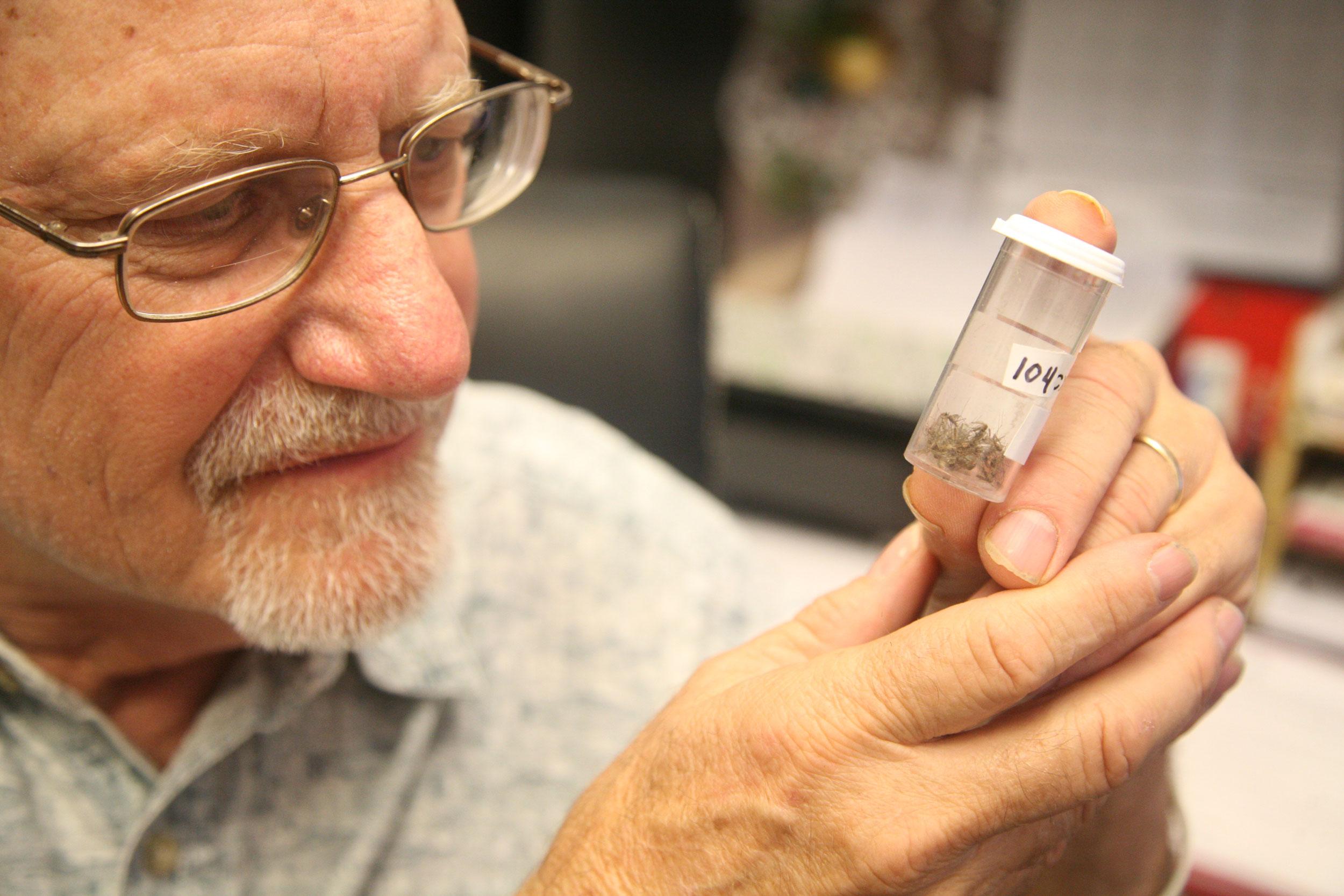
Last year, Colorado got hit hard by West Nile virus, leading the nation in deaths with 51, its highest number in more than two decades. In addition nearly 400 people were hospitalized after contracting the mosquito-borne virus for which there is no vaccine.
Cases usually start popping up in June, but so far in 2024, no human cases or deaths have been reported in Colorado.
“We are seeing normal or below normal mosquito activity, which is very different than last year and a good sign,” said Chris Roundy, the medical entomologist with the Colorado Department of Public Health and Environment.
Last year, a big snowpack combined with a very wet spring brought a lot of standing water to the state, which provided excellent breeding grounds for mosquitoes. “As soon as we started doing surveillance last year and saw how much mosquito activity there was,” he said. “We knew it was going to be a pretty bad season, and unfortunately, that turned out to be true.”
Cases happen mainly during mosquito season, from summer through fall. Colorado has had cases each year since 2002. The risk of infection is highest for those who work outside or participate in outdoor activities (which in Colorado is a lot of folks) because of greater exposure to mosquitoes.
The transmission of West Nile virus can be pretty hard to predict because it depends on many factors: You need the virus to be introduced via migratory birds, then you have mosquitoes feeding on those birds and then feeding on humans, spreading the virus.
“It's something you should really take seriously. It is not something that you want,” said Dr. Michelle Barron, senior medical director of infection prevention and control for UCHealth.
Her best advice: Avoid mosquito bites with common sense prevention and if you feel sick and believe you might have the virus, immediately consult a doctor or medical provider.
Symptoms include fever, headache, body aches, vomiting, diarrhea and rash. There are no medicines to treat the disease in humans, according to the federal Centers for Disease and Prevention. But most people who get infected with it don’t feel sick. About 1 in 5 who are infected develop a fever and other symptoms; about 1 in 150 infected humans develop a serious, even fatal, illness.
Deaths are often associated with people who are older or have underlying immune issues. “So transplant patients are very vulnerable. People on medications that suppress the immune system, again, very vulnerable, and people that don't die can still develop some severe complications,” Barron said. “You can develop paralysis and require years worth of therapy to kind of correct for those things.”
So prevention is key.
The bugs like to come out at dawn and dusk and sometimes, like us, when it’s a bit cooler.
“If you're going to be out during those times, you just want to do anything you can to prevent those mosquitoes from biting you,” Roundy said.
Barron suggests wearing long sleeves and pants and wearing insect repellent. More information about them can be found on the EPA’s website.
“If you have animals that you want to protect as well, getting rid of the environmental sources of standing water is really important,” she said. That’s where mosquitoes breed and could be virtually anywhere in your yard where water collects.
“Unfortunately, we know when it starts cooling off and we are more comfortable going outside, it's also more comfortable for those mosquitoes,” Roundy said. “So that's when they're active and when we need to be aware.”
He also suggests checking screens on windows to make sure there are no holes for mosquitoes to sneak in.
The changing climate on the warming planet is also playing a role in driving the spread of the virus.
“A lot of vector-borne diseases, the insects that transmit them are expanding their geographic range every year,” Roundy said. “So it's something that we keep a close eye on and something that we will have to continue responding to in the future.”
Barron said the virus also replicates in the bugs more rapidly as temperature warms.
“If it replicates faster, you have more virus per mosquito. So the risk of transmission is higher just because you have more virus hanging out,” she said. “So there's more mosquitoes and they're loaded with millions of more copies of the virus. So when it bites you, the likelihood of it actually infecting you goes up significantly.”









